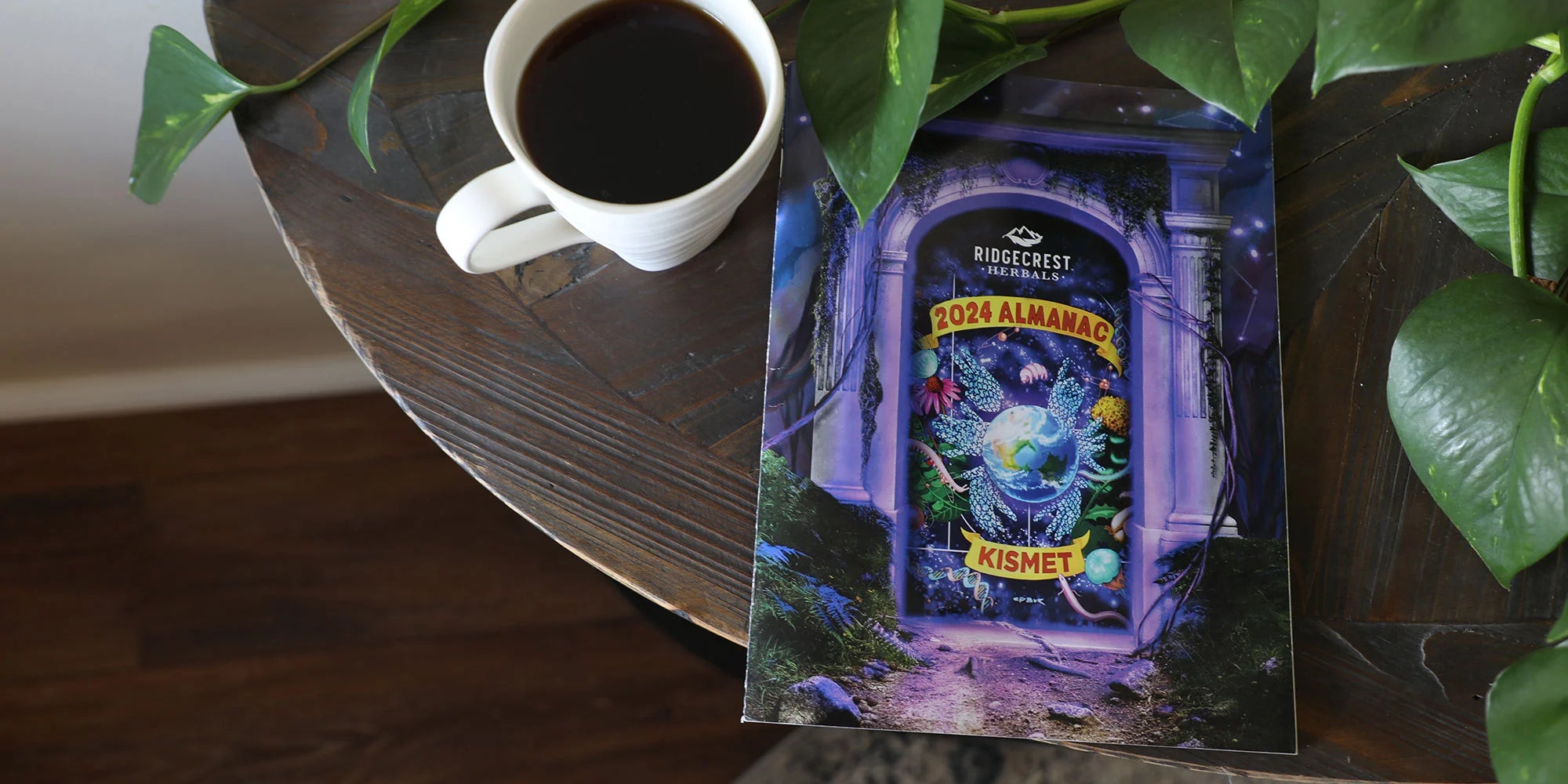Wikipedia needs our help!
Wikipedia is a great source of information on a wide variety of topics. RidgeCrest Herbals has supported Wikipedia financially (in our small way) for years, because we feel it’s the right thing to do. We think more reliable information on the Web is a very good thing, and Wikipedia is a big step in the right direction. It was one of the first “crowdsourced” efforts, and still one of the best, in our view. Wikipedia is immensely popular, but of course, that doesn’t mean it isn’t biased or otherwise fallible.
If you follow Wikipedia much, you may find our stance surprising, because Wikipedia is very, very hard on alternative medicine as a whole, calling it ‘unscientific’, ‘pseudoscientific’, or even ‘fraud’. That’s okay; we don’t need everybody to agree with us (just yet). All we ask is that people thoughtfully consider our arguments, and poke holes in them if they can, as we’ll do with theirs; hopefully we’ll all be smarter as a result of that dialogue. We’re Eclectic, not dogmatic; we believe in good ideas wherever we may find them.
Some have harshly criticized Wikipedia for its position on alternative medicine. Some have suggested that more practitioners of alternative medicine should contribute. Others feel that Wikipedia has been captured by corporate astroturfing efforts. I too am disappointed with the bias against alternative medicine, but I find Wikipedia useful enough that I still use it regularly. It's often a great place to begin my research on unfamiliar topics, even where I disagree completely with its conclusions.
My disagreement with Wikipedia (and founder Jimmy Wales) is pretty simple. They trust “mainstream” (corporate) science, and I don’t. They think mainstream medicine is scientific and trustworthy; but since iatrogenic harm (harm caused by medical treatment) is now thought by some to be the third leading cause of death in the US today, I think we have a right to question its assumptions, especially in our own lives. Others disagree, some arguing that in vaccine hesitancy, for example, questioning medical science costs lives. In the marketplace of ideas, there is no free lunch—we have to ask hard questions, and in many cases, there are no clear answers, especially when so much scientific research can’t be replicated. But the discussion has to go on.
For these and other reasons, I generally favor freedom of choice: let people decide for themselves, with as much education and information as possible. I think it’s fundamentally wrong for the government to limit our choices based on their supposed expertise—in any democratic society, the people should tell the government what to do, not the reverse.
Our goal is to change the way the world thinks about and uses herbal medicine; we won’t accomplish that by being dogmatic. So it doesn’t bother me that Wikipedia is biased—who isn’t? At least they, like us, aspire not to be. We hope someday we’ll convince Wikipedia (and the rest of the world) to come around to a more balanced view, but in the meantime, we support their mission of making information more available and democratic.
As for medical science, I think we still have a lot to learn. My favorite Danish polymath, Piet Hein, put it this way: My faith in doctors is immense. Just one thing spoils it: their pretense of authorized omniscience.
The older I get, the more I appreciate Socrates, who was only sure that he knew nothing.



